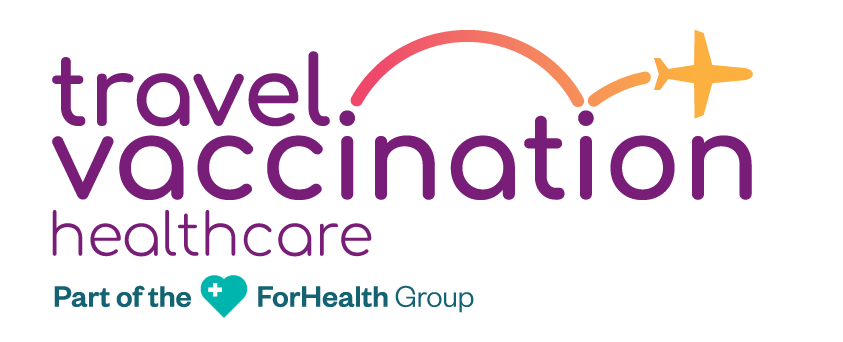What is Meningitis?
Meningitis is an infection of the brain that is spread from person to person via respiratory transmission.
It occurs in all countries but is particularly a risk in sub-Sahara Africa, Northern India and Nepal, Brazil, Chile and Mongolia. There may be epidemics from time to time in other areas and your travel doctor will advise you of these. Meningitis has a high fatality rate, but is largely prevented by vaccination. Meningitis vaccination is heavily advised for protection when travelling to these locales.
• Meningitis vaccination grant 85-90% protection and provides immunity within 14 days of vaccination.
• It is recommended for all over 2 years of age.
• Safety in pregnancy has not been established, but seems to be safe after the first three months of pregnancy.
• Muslim Pilgrims performing The Hajj must produce a certificate stating that they have had a meningitis vaccination within the past 3 years.
